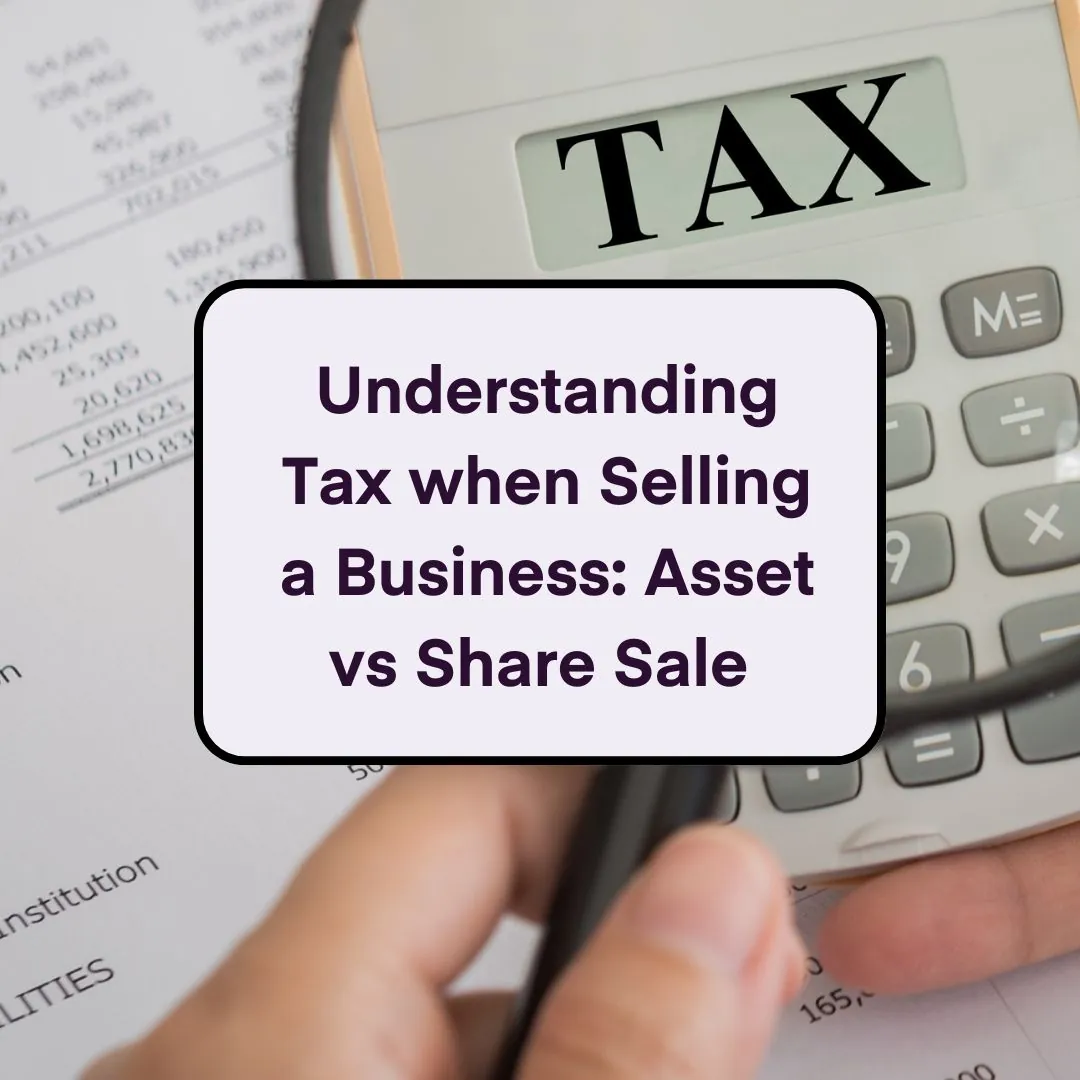
Salaried director: Can a company pay its director with a gross salary?
1 Aug 2020So can a business have a salaried director? The short answer to the question is yes, but only in certain circumstances. Generally, a small or large limited company can pay its directors a salary, but it must be paid net of Income Tax and National Insurance contributions.
However, paying a director a salary may not be the most tax-efficient method of compensation. The optimum package depends on a number of different factors, which are explained in this article.
Director’s role
One of the important factors in planning a director’s compensation is the role of the director in the company.
Do they work full-time in the business, taking an active role in making strategic decisions and ensuring that the company meets its legal obligations? Or is the director classed as a non-executive director (NED) who works part-time, providing advice to the board, but not taking an active role in decision-making or strategic management? An NED might also work for other companies on the same basis.
Although HMRC treats company directors and non-executive directors in the same way for tax purposes, an NED may choose to work on a self-employed basis as an expert consultant. In that situation, provided they do not carry out any other duties, the NED can ask for any salary to be paid gross.
Personal tax implications for salaried directors
Assuming the director is not a self-employed NED, they can receive a salary. However, the company should then take into account the Income Tax and National Insurance implications.
Income Tax and National Insurance thresholds and rates are the same for directors and employees. There is no advantage in taking a salary as a director.
Any salary a director receives above the Annual Personal Allowance (£12,570 in the 2021/22 tax year) will be subject to Income Tax at the basic or higher rate. The director will also be subject to Employee National Insurance contributions if their salary is above the National Insurance Primary Threshold of £9,568.
However, if the director is regarded by HMRC as an ‘office holder’ and doesn’t have a contract of employment or receive a regular salary, they will not be subject to National Minimum Wage Regulations. That means the director can choose to take a lower salary, which will provide certain tax advantages:
-
The director will not have to pay Income Tax or Employee National Insurance contributions.
-
The director can combine the lower salary with other forms of compensation to optimise their tax position.
There are also potential disadvantages to a lower salary:
-
Loss of maternity rights, as the director is not classed as an employee.
-
The director cannot take full advantage of their personal allowance if they have no other form of income.
-
Problems applying for a mortgage based on multiples of salary.
Related: A List Of Key Points Of Legislation That Affect Employers In A Business Environment
Pension implications for salaried directors
Although a lower salary may have personal tax benefits, the company must also take the director’s pension position into account.
The salary must be above the Lower Earnings Limit (£6,240 in the 2020/21 tax year) so that the director accrues qualifying years for the State Pension.
Company tax implications for salaried directors
As well as personal tax implications, there are also Corporation Tax and Employer National Insurance implications for the company.
Salary paid to a director or an employee is treated as a business expense that can be deducted from company profits. This reduces the amount of Corporation Tax the company will have to pay.
However, it’s important to set the right level of salary to maximise the total Income Tax and Corporation Tax benefits. A higher salary might attract more Income Tax, outweighing any Corporation Tax benefits.
Paying a salary to a director will also attract Employer National Insurance contributions if the salary is above the National Insurance thresholds. This would mean that a director earning above the threshold would, in effect, pay National Insurance contributions twice.
Related: A guide to Corporation Tax trading losses for business owners
Other forms of income
A low salary may have tax benefits, but it would represent a poor reward for a director making an important contribution to the company. So it’s essential to supplement the salary with other forms of income.
One of the most efficient alternatives is to pay a dividend from any profit the company makes. Dividends are tax-efficient for three main reasons:
-
They attract a lower rate than Income Tax. From 6th April 2022, the basic dividend rate will be 8.75 percent, the upper rate will be 33.75 percent and the additional rate will be 39.35 percent.
-
There is a separate dividend tax allowance that is in addition to the Personal Allowance. This allowance is £2,000 before any tax is due.
-
They do not attract National Insurance contributions.
However, paying a director only by dividends has a number of disadvantages:
-
Dividends cannot be deducted from pre-tax profits, so they do not reduce Corporation Tax liability.
-
Because no National Insurance contributions are due, the director would not accrue any qualifying years for the State Pension.
-
Income tax would be due, even though the rate of tax is lower.
-
Dividends are based on profit and can vary considerably.
-
Dividends are only paid annually, which could create personal cash flow problems for directors.
The company can also choose to pay the director a one-off bonus, which may or may not be performance-related. However, bonuses are not tax-efficient as they attract Income Tax and National Insurance contributions.
Another alternative is to make additional pension contributions to supplement a director’s salary. The contributions have tax benefits – they reduce the Corporation Tax bill – but the director would not receive any income until they reach retirement age, so it may not be an attractive option for a younger director.
Creating the most efficient package
Packages based on salary alone or dividend alone have disadvantages. However, combining them and setting salary at the right level can create a package that is tax efficient for both the director and the company.
For the 2021/22 tax year, a package based on a salary of £8,840 plus dividends represents the most tax-efficient solution.
-
No Income Tax is payable on the salary component because it is below the Personal Allowance.
-
No National Insurance is payable because the salary is below the threshold and no contributions are required on the dividend.
-
The dividend will be taxed at a lower rate and will take advantage of the dividend allowance and the balance of the personal allowance.
-
The director will accrue qualifying years for the State Pension.
-
The salary component will help to reduce the Corporation Tax bill.
Support from Accounts and Legal
Making the right decision about a director’s remuneration can be complicated and time-consuming. Our team of small business accountants and lawyers are highly-experienced in helping companies with professional advice on a package that is tax-efficient and compliant with tax legislation.
Get in touch with us today for further advice, check out our other accounting services or email us at info@accountsandlegal.co.uk.






















